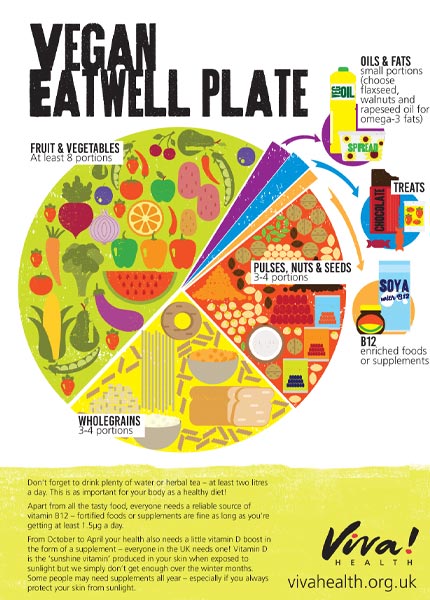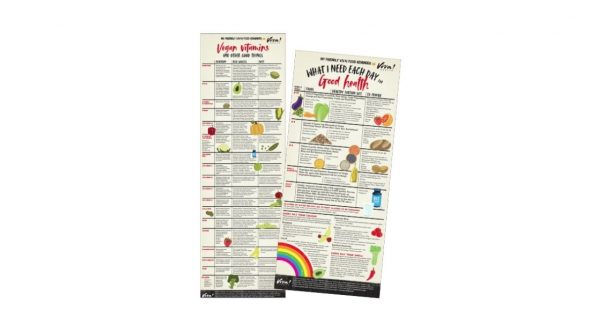
We often hear sensationalist headlines highlighting the supposed plight of vegans’ health. Despite growing numbers of world-class vegan athletes, the idea that a vegan lifestyle is a risk, a gamble or will somehow inevitably lead to severe undernourishment, persists. At the same time, there are many people who can accept that adults may be perfectly healthy on a vegan diet, but that veganism somehow cannot apply to children.
However, experts agree that a well-planned, varied vegan diet is suitable for everyone, including children. It contains all the healthy fats, plant protein, carbohydrates, vitamins and minerals needed, but none of the unhealthy saturated animal fat, animal protein, hormones and other undesirable substances linked to disease.
In the words of the NHS, ‘children can be brought up healthily on a vegetarian or vegan diet’ and plenty of studies – including research from the universities of Oxford and Harvard – have comprehensively shown that vegans have longer life expectancies and enjoy better health throughout their lives.
Children’s health – an overview
We need to change the mind-set that a ‘normal British diet’ is a safe bet, whereas a vegan diet invariably poses risks.
Concern about the adequacy of a vegan diet obscures the fact that UK children generally are not eating very well. Almost a third of children aged 2-15 are overweight or obese which can have a significant impact on both physical and mental health. Overweight and obese children are likely to stay obese into adulthood and are more likely to develop health problems such as diabetes and cardiovascular diseases at a younger age.
We all know that fruits and vegetables provide countless benefits and are essential to good health and a balanced diet. However, more than one third of the vegetables that children eat are ‘highly processed’ and 17 per cent of children’s ‘vegetable intake’ comes from pizza and baked beans!
A well-balanced vegan diet, consisting mostly of fruit, vegetables, wholegrains, nuts, seeds and pulses, should be encouraged in schools, rather than treated as though it is an extreme diversion from the ‘safety’ of the current typical British child’s diet!
Children who are a healthy weight are fitter, healthier, more able to learn in the classroom and have more self-confidence. A healthy vegan diet will help children to maintain a healthy weight, which has tangible positive impacts on students’ wellbeing.

This colourful graphic explains what a healthy vegan diet looks like. It’s a great tool for educating people!
Imagine a school where children are eating more fruit, vegetables and wholegrains; where obesity rates go down; where children have more energy to play and learn because they’re eating the right foods and their wellbeing improves. The Vegan Eatwell Plate would help to make that dream a reality – in stark contrast to the average child’s current diet.
For more detailed information on nutrients, including how much of each vitamin and mineral a child should be consuming daily, see Viva! Health’s A-Z of Nutrients.
If you’re concerned about a child’s nutrition, for example their protein, calcium or iron intake, then take a look at our handy wallcharts which are full of vital information on health and nutrition; you could even display them in your classroom to raise awareness of how to achieve good health.
Safeguarding
Just as meat-eaters and vegetarians can suffer from poor health, so too can vegans – if they’re not eating the right foods. Teachers have a duty of care, and if you’re concerned about a child’s nutrition then of course you have a responsibility to report those concerns.
However, it is incredibly important that staff don’t single out vegan pupils and make assumptions about their choice to abstain from consuming animal products. For example, staff shouldn’t assume vegan students have an inferior diet to those students who eat animal products, or that they are extreme or abnormal, or that their lifestyle must mean they have an eating disorder. Vegan students deserve to be treated with the same respect as their omnivore counterparts and should feel safe to express their veganism free from judgement and discrimination.

